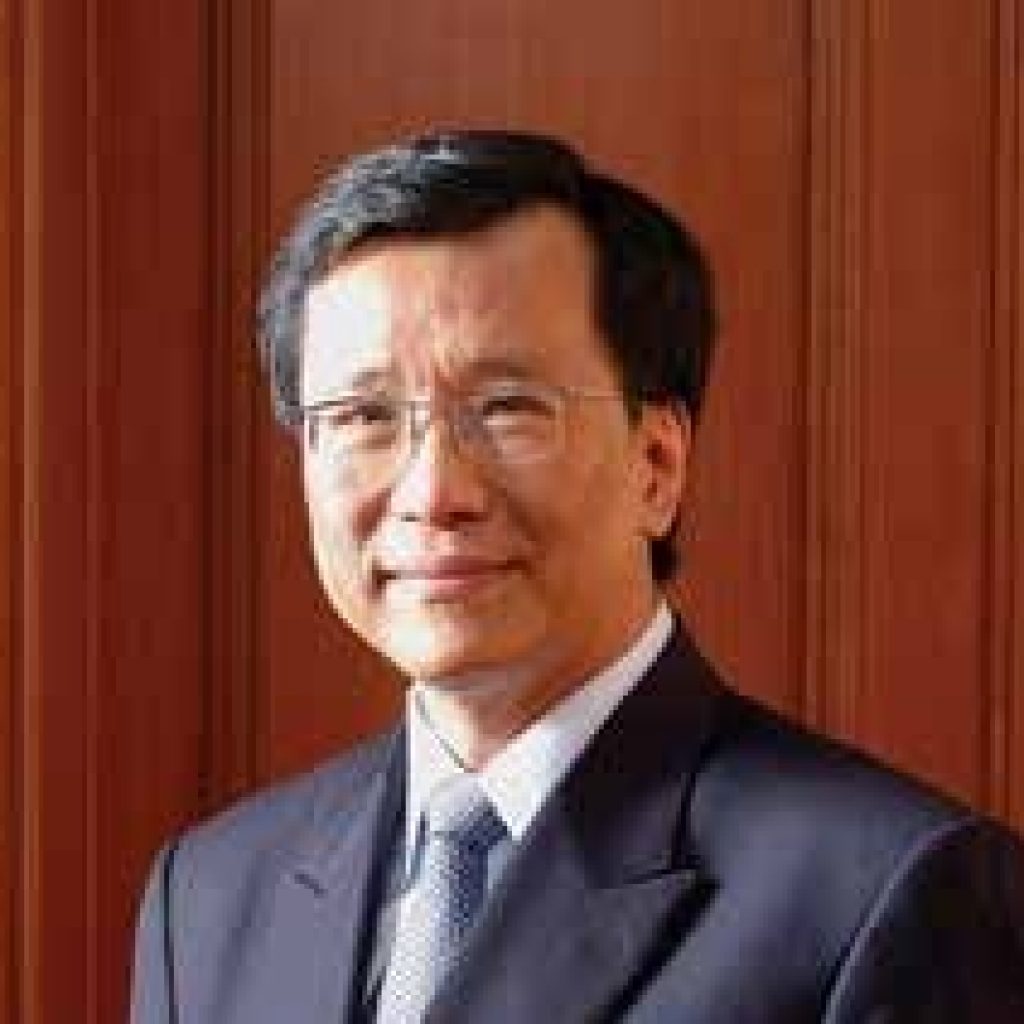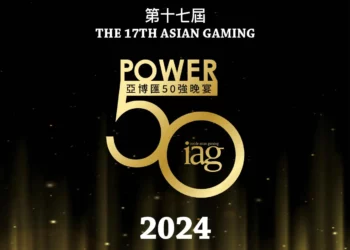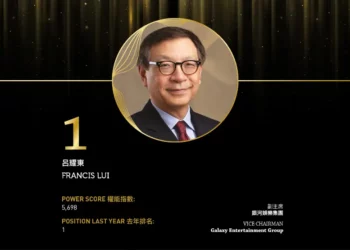 4 Lim Kok Thay
4 Lim Kok Thay
EXECUTIVE CHAIRMAN AND CEO
Genting Berhad
CHAIRMAN AND CEO
Genting Hong Kong
POWER SCORE 3,598 LAST YEAR 3
CLAIMS TO FAME
• Global reach, from Malaysia to Miami, seven seas to Las Vegas Strip – but not Macau
• Grooming son Lim Keong Hui, 33, for leadership in group founded by his father Lim Goh Tong
• Chairman and CEO of each Genting Group hospitality subsidiary
At the Japan Gaming Conference in May, every major casino operator in Asia made their case to be part of an integrated resort in the world’s third biggest economy. Except for Genting. Perhaps Lim Kok Thay and company think their work speaks for itself, and many believe it has precisely what Japan wants in an IR developer. Moreover, Genting’s absence in Macau, often seen as a glaring shortcoming, may well prove an asset in the Japan sweepstakes.
Genting spans the globe, from the original Resorts World Genting highlands retreat outside Kuala Lumpur – an inspired initiative of Lim Kok Thay’s father and group founder Lim Goh Tong – to the beaches of Bimini, from Birmingham to New York City to Manila to a trio of cruise lines. Most properties are under the Resorts World name, making it the closest thing to a global casino brand.
Of the Resorts World properties, Singapore’s RW Sentosa, with a Universal Studios theme park, world top 10 water park, massive aquarium, innovative museum, celebrity chefs, destination spa plus thriving casino despite extremely limited junket play and restricted access for locals, fits the profile of how Japan IR boosters see their dreams coming true. Genting also has history of playing well with partners – likely a requirement in Japan – notably with Philippine billionaire Andrew Tan’s Alliance Global at RW Manila.
Most important, Genting has a history of success, on track for US$5.6 billion in revenue this year, US$1.6 billion in EBITDA plus more than US$1 billion in the bank, supported by five publicly listed companies. At the core of the conglomerate that includes energy, property and plantations, Genting’s various hospitality and leisure segments accounted for 84% of revenue and 92% of EBITDA in the first half of 2017. Within that core, Singapore and Malaysia delivered 79% of revenue and 95% of EBITDA. Therein lies the ongoing imperative to expand globally.
Usually, Genting looks for situations where it will have a competitive advantage. Malaysia is a monopoly. Singapore is a duopoly. RW New York City and the upstate New York license awarded to Lim family holding company Kien Huat Realty each hold geographic exclusives. RW Manila had first mover advantage. Bimini combines Genting’s cruise and IR expertise, hoping for eventual synergy with its landholding in Miami if authorities someday approve casino gambling. In Asia, it’s making a big bet on Dream Cruises, the first tailored to the Chinese market.
Where competitive advantages erode or don’t evolve as expected, Genting will cut bait. In November last year, it exited the RW Jeju joint venture with China’s Landing International, claiming it wanted to focus on Japan, but perhaps because it surmised South Korea wouldn’t allow local players anytime soon.
That search for an edge makes Genting’s decision to develop US$4 billion RW Las Vegas so surprising. It’s difficult to see where Genting would have an advantage on the Vegas Strip justifying that size bet. That said, underestimate Lim and Genting at your peril.
To return to the full list of 2017 Asian Gaming Power 50 winners, click here.





























